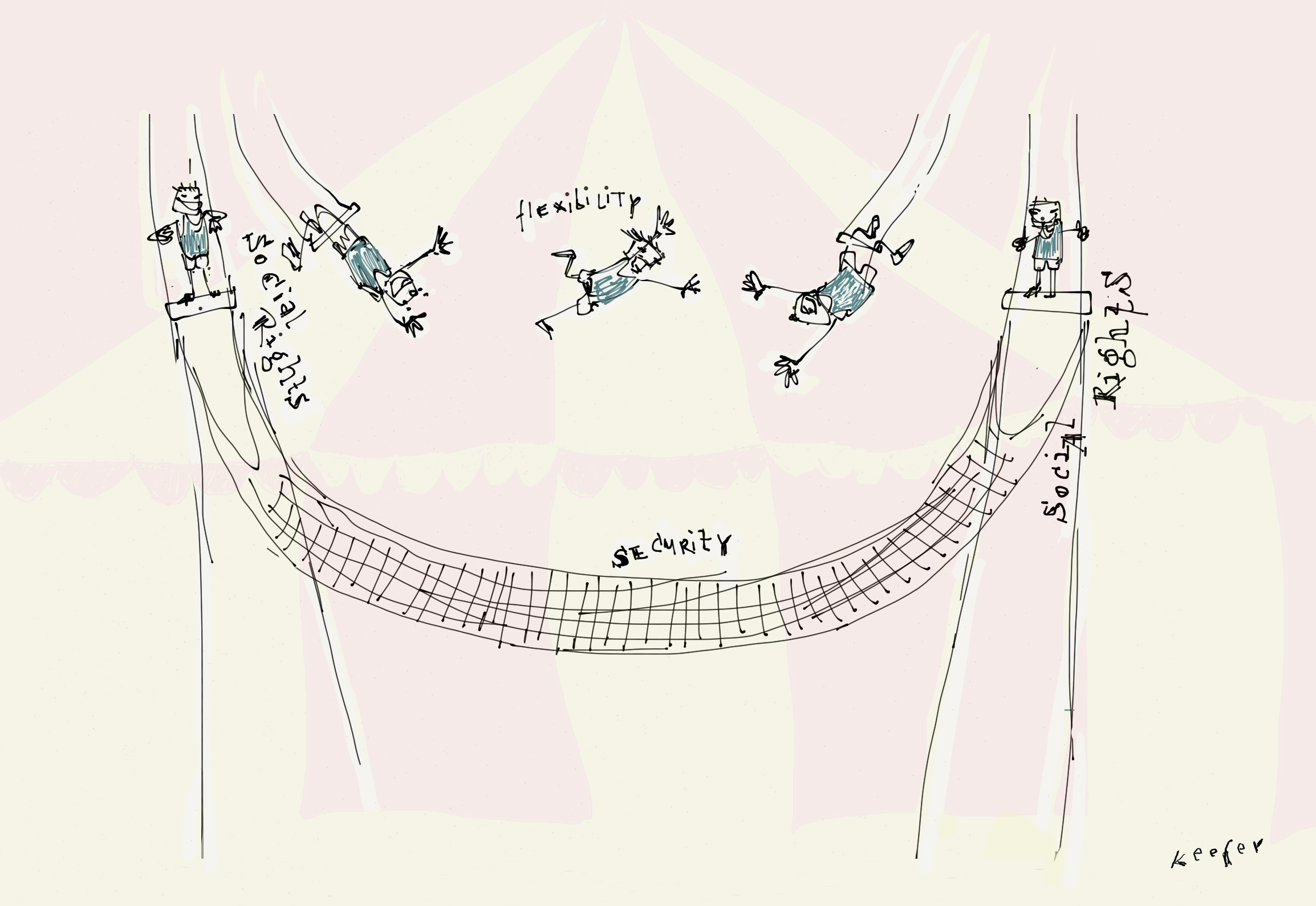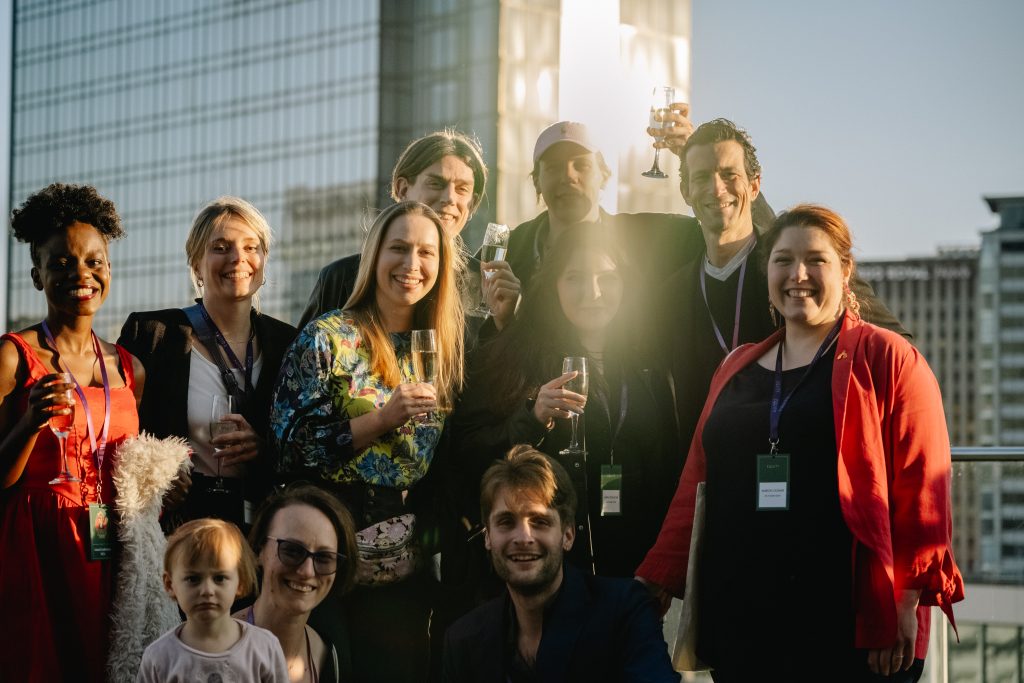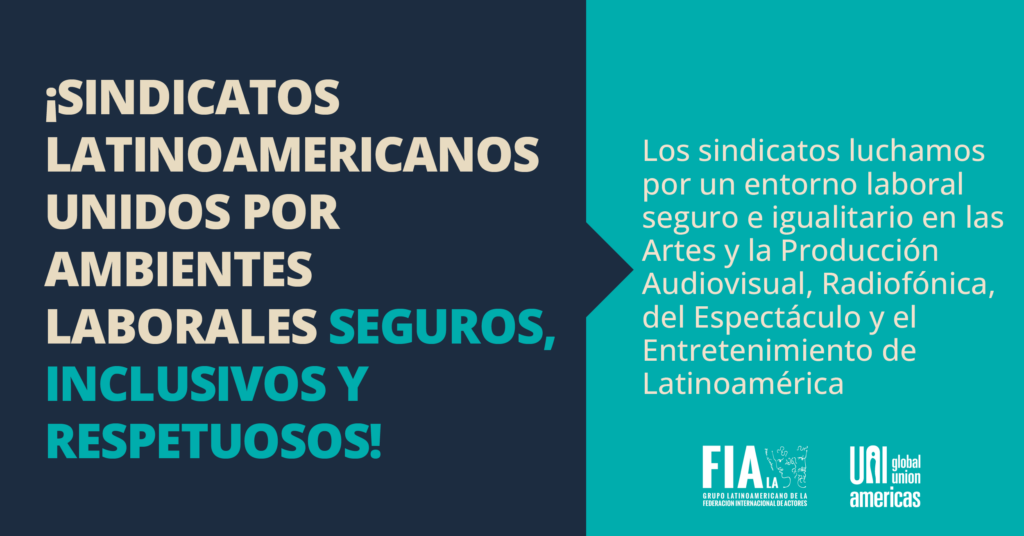For several years, EuroFIA has been working intensively around the theme of labour market change and the shift to increasingly freelance, short-term, self-employed and otherwise so-called ‘atypical’ forms of work and the challenges that it creates for union work and representation. A first project on his topic was undertaken by FIA in 2015-2016, in partnership with FIM, UNI MEI and EFJ, funded by the European Commission under the social dialogue budget line. It looked at the various ways in which unions have sought to reimagine their structures, services and ways of working in this context. The project delivered a stimulating exchange and there was a valuable restitution of the debate to policy-makers at the final event held in the European Parliament in September 2016. The findings were gathered in a Project Handbook which has been widely distributed among the membership of the four federations across the EU and beyond.
The four federations took the decision to submit a follow-up project proposal in 2017, led by FIA. This current, second project kicked off at the start of 2018. It aims to further build upon and add value to the results of the previous project. It moves away from mapping and exchange towards a more hands-on approach. The project will work towards making real progress on two key objectives:
- Strengthening union structures at national level to effectively organise atypical workers and to engage in effective social dialogue and collective bargaining that can deliver for all workers, including atypical workers;
- Finding ways to overcome the legal and political obstacles that have emerged in relation to freedom of association and collective bargaining on behalf of atypical workers (particularly self-employed workers) whose numbers continue to grow in the sector, and indeed more widely across the labour market.
The project foresees a number of key activities to reach these goals. One is the organisation, later this year, of a training and practice exchange forum, show-casing effective approaches to union organising, with a particular focus on adapting them to atypical workers. Three professional union organising trainers, with a proven track record in this area, will be invited to lead parts of this event. A selected number of unions (some 2 per federation) will then have the possibility of engaging directly with a trainer in order to plan and undertake a targeted recruitment and organising drive in their home country within the lifetime of the project. Other support mechanisms (such as ‘buddy’ unions, offering informal advice and support) can also be explored and possibly be put in place within the framework of the organising event. This event is tentatively scheduled for end October 2018. We hope to announce the full details and confirm the date and location very soon!
Collective bargaining coverage, mechanisms and content have progressively changed in the sector, as the labour market has shifted to an increasing reliance on freelance, often self-employed workers. In this context, the project will convene an expert group to review legislative developments in different countries and offer some analysis of which arrangements allow the best conditions for freelance and self-employed workers in the sector and facilitate a strong social dialogue. This will include developing an understanding of how work in the sector falls within the remit of social dialogue and how trade unions can develop collective bargaining on their behalf. This will be a useful contribution to the wider debate on how to better protect all kind of precarious workers, including those in the platform or ‘gig’ economy. While research shows that social dialogue and collective bargaining is an effective mechanism for protecting and raising standards and improving wages, there are significant obstacles to reaching this potential for atypical workers. This group would aim to be a forum on the most appropriate legal frameworks to approaching this issue, taking account of national level experience.





